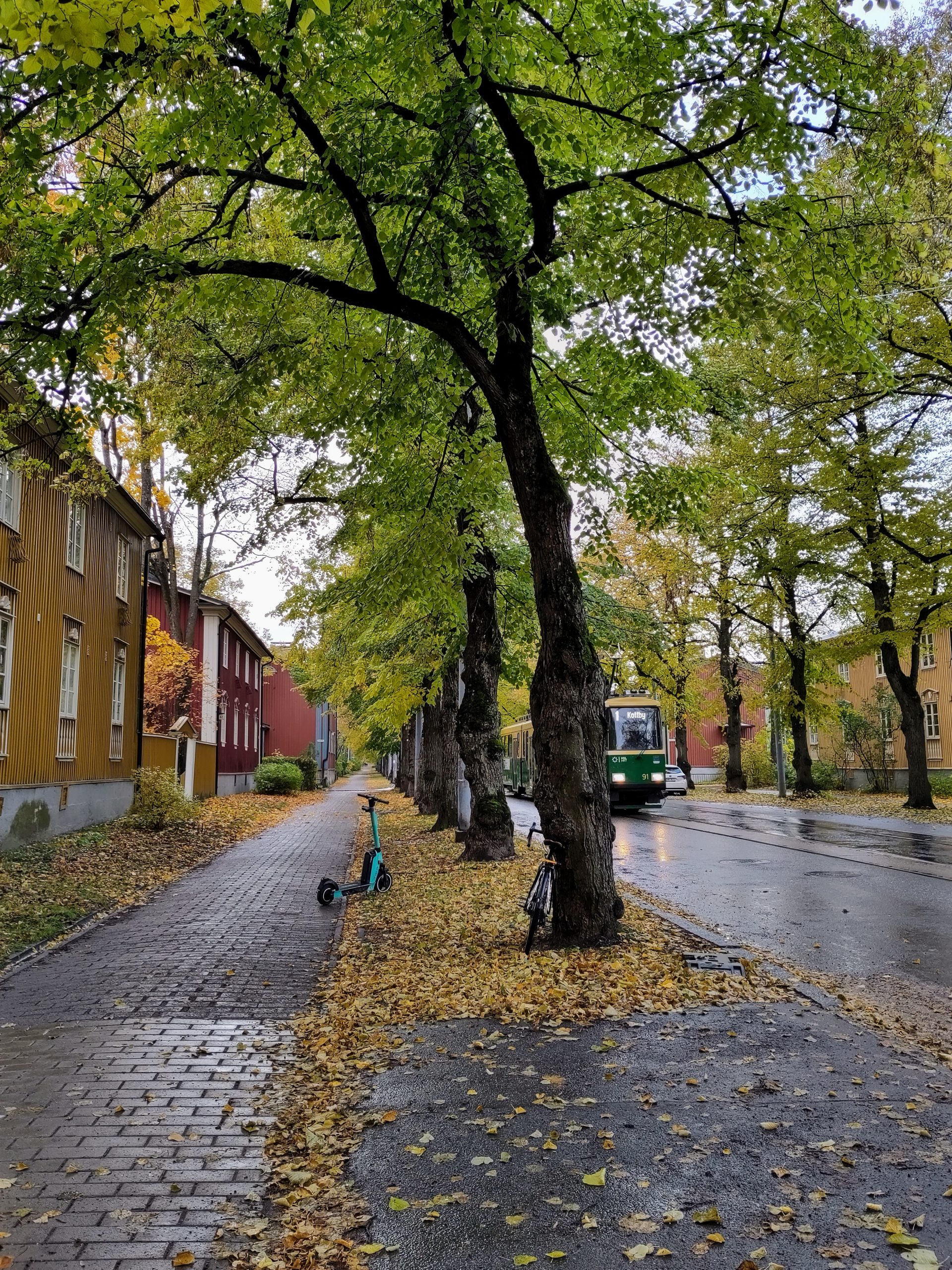In WP5 we explore how serious games can be used to assess and unlock trade-offs to sustainable urban lifestyles. We’ve collected material to inform the game development during this Autumn. Besides informing development of the serious game in Transformative Cities project, this material will be used to assess possibilities to and constraints for urban transformations from planners’ as well as residents’ perspectives, addressing interlinkages between several policies.
An online survey was conducted to explore citizens’ lifestyles, as well as their socio-political acceptance of such climate policies that are based on altering urban infrastructure. The survey was targeted to residents in Helsinki and Lahti. Socio-political acceptance is here understood as the basis for social acceptance, a dynamic and ongoing process instead of merely a reaction (see, Wolsink, 2020). An important feature of this survey is to explore socio-political acceptance in a setting that recognizes connections between these policies affecting urban space. Acknowledging interconnectedness between traffic policies and policies related to residential development and urban green spaces, we aim to better understand what residents condemn acceptable on a general level, when concerning their own neighborhoods but not any specific project.
Further, the types of policies we explore in the survey have indications to lifestyles, requiring residents’ engagement and approval (Vita et al., 2019). We aim to explore variation of socio-political acceptance across lifestyles as well as respondents’ stated willingness to change them. We measure lifestyles as “meaningful action” as understood through the Theory of Social Representations (Batel et al., 2016) and related to uses of urban space – more specifically to housing preferences, traffic choices and green space use. Willingness to let go of carbon-intensive features in one’s lifestyle is measured to further explore potential for changes in lifestyles in response to the policies.
In addition, we’ve just wrapped up four focus group discussions in collaboration with WP4 to understand the legal and governance constraints and opportunities for the urban sustainability transition. These discussions explore how urban planners at different levels and sectors of planning have experienced the vertical and horizontal cross-sectoral interaction to affect their pursue towards the sustainability goals in our case cities. The discussions reflected previously identified strong paradigm in the urban planning of urban densification as a way to increase sustainable urban mobility (see, Soininen et al 2021), while opposing views are also recognized in urban planning. Our further analysis of the discussions will concentrate on the trade-offs between various policy goals to lay foundation for the serious game design. The game will provide a platform for negotiating these trade-offs in a future oriented way.
We will next dive into the analysis, and can’t wait to discuss our findings in the next steps of this project!
Photo: Eveliina Dunkel
References:
Batel, S., Castro, P., Devine-Wright, P., & Howarth, C. (2016). Developing a critical agenda to understand pro-environmental actions: Contributions from Social Representations and Social Practices Theories. WIREs Climate Change, 7(5), 727–745. https://doi.org/10.1002/wcc.417
Soininen, Niko, et al. “Bridge over troubled water: managing compatibility and conflict among thought collectives in sustainability science.” Sustainability Science (2022): 1-18.
Vita, G., Lundström, J. R., Hertwich, E. G., Quist, J., Ivanova, D., Stadler, K., & Wood, R. (2019). The Environmental Impact of Green Consumption and Sufficiency Lifestyles Scenarios in Europe: Connecting Local Sustainability Visions to Global Consequences. Ecological Economics, 164, 106322. https://doi.org/10.1016/j.ecolecon.2019.05.002
Wolsink, M. (2020). Distributed energy systems as common goods: Socio-political acceptance of renewables in intelligent microgrids. Renewable and Sustainable Energy Reviews, 127, 109841. https://doi.org/10.1016/j.rser.2020.109841




